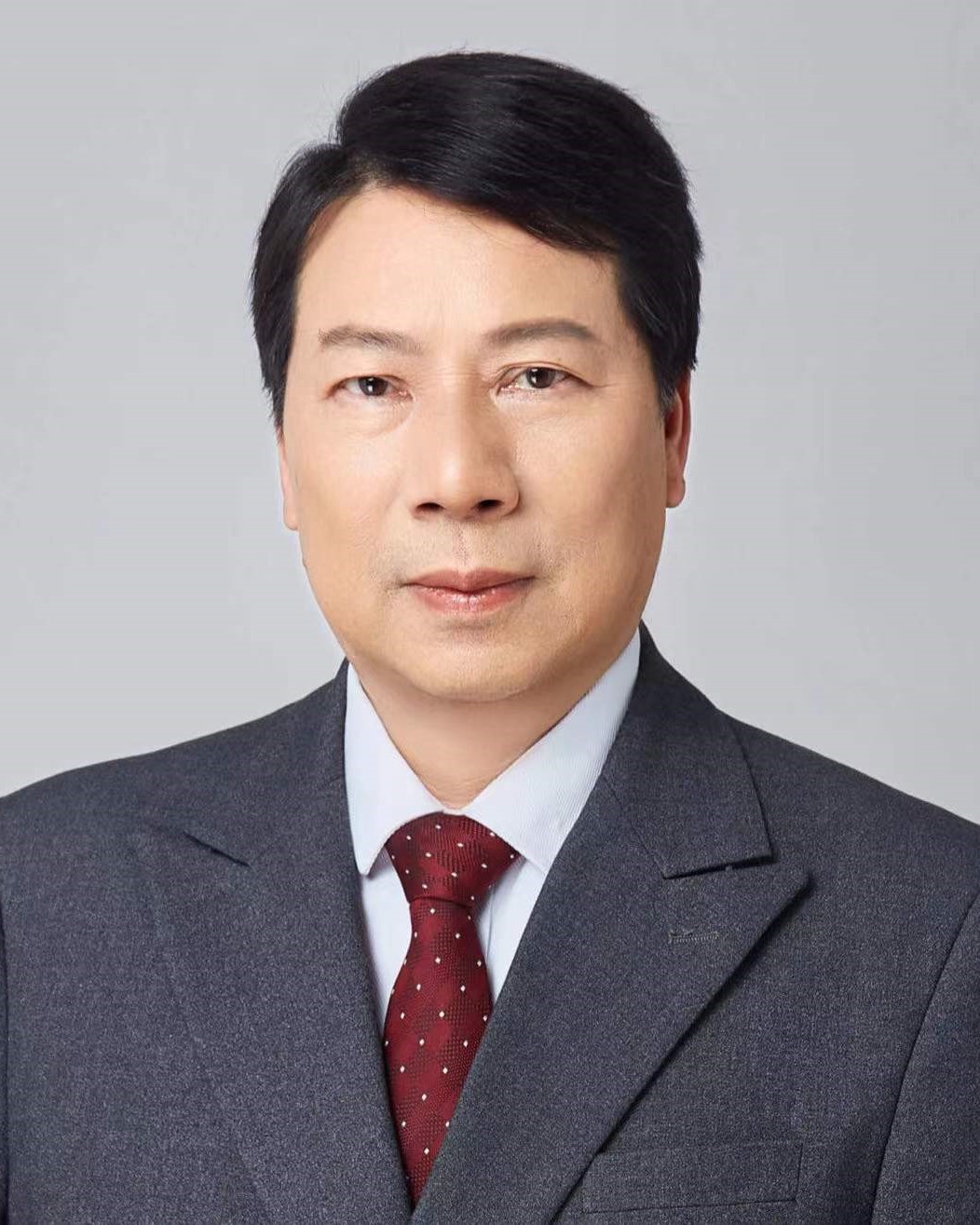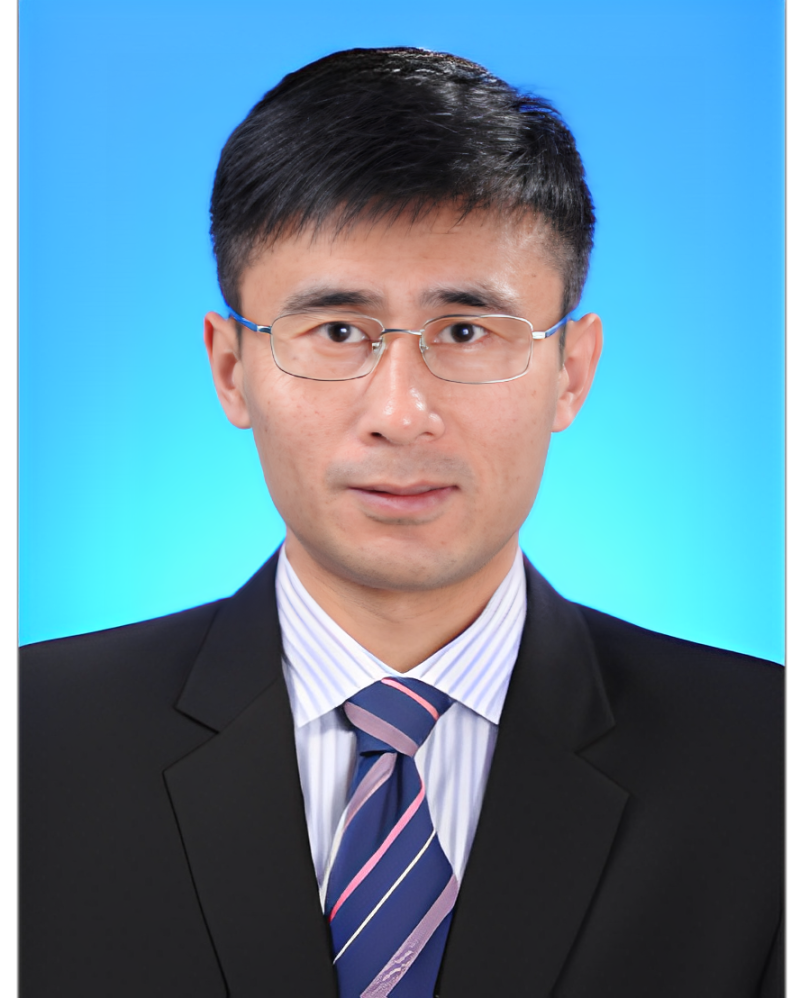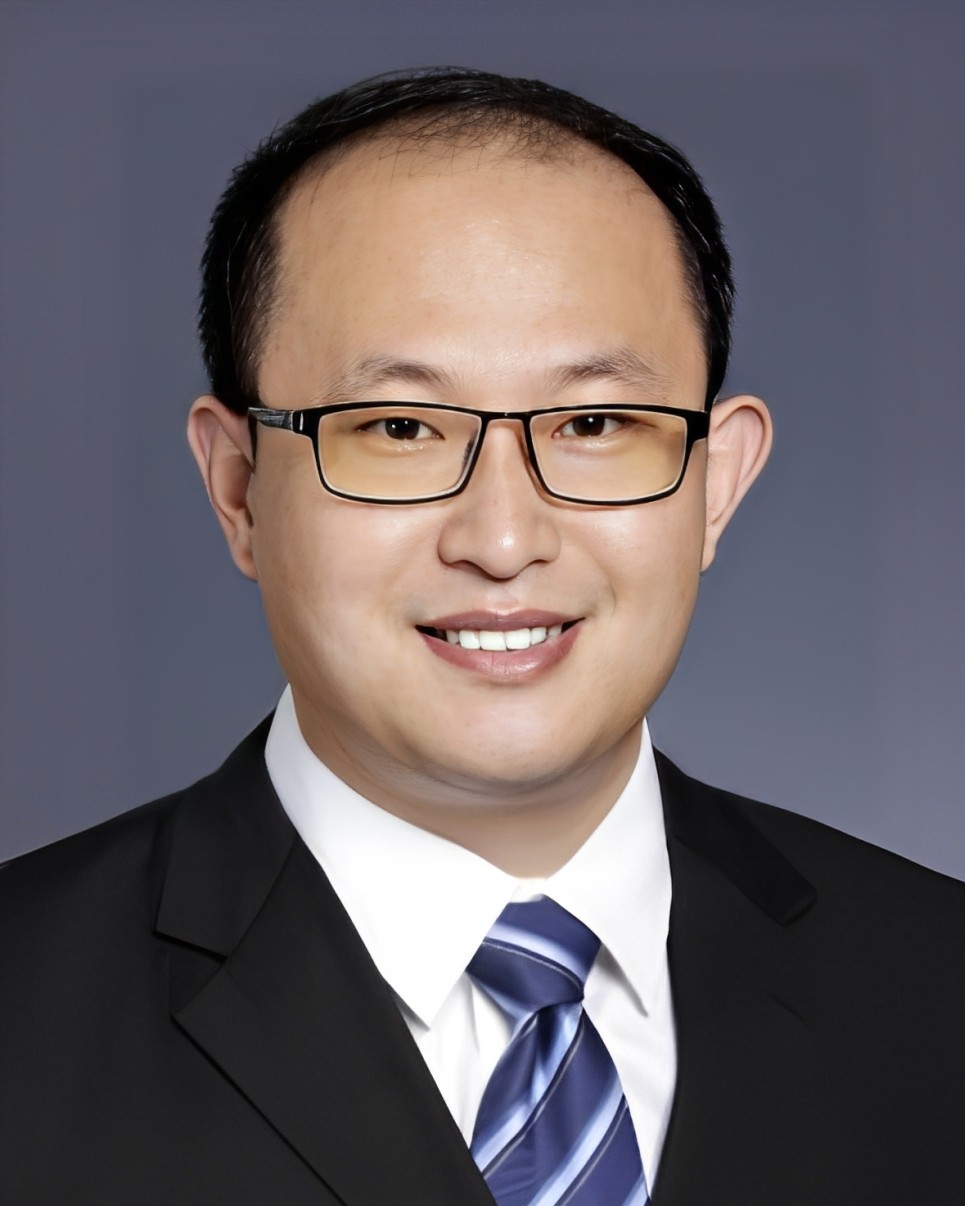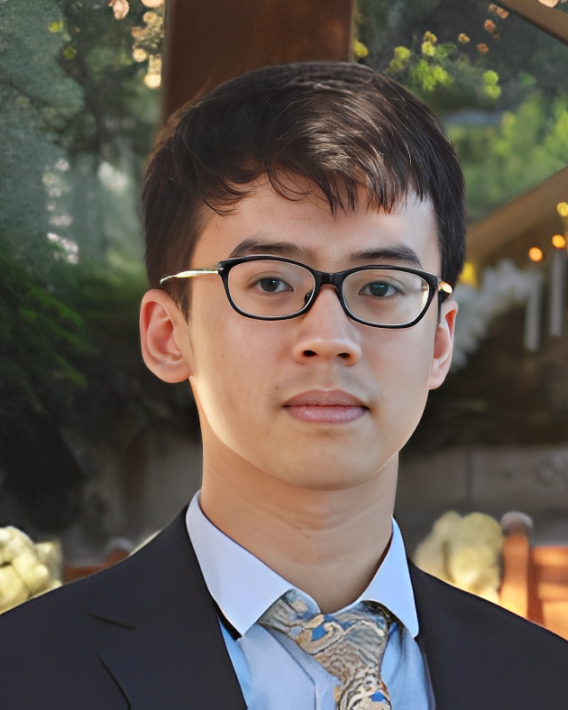
Prof. Feiqi Deng South China University of Technology, China CAA Fellow IEEE Senior Member |
Biography: Deng Feiqi, Second-Class Professor and Doctoral Supervisor, is a Fellow of the Chinese Association of Automation (CAA Fellow). He has served as: Director-General of Industrial Technology Research Institute at South China University of Technology (SCUT), Director of the National University Science Park, Chair of IEEE SMC Guangzhou Chapter, Council Member of the Systems Engineering Society of China, and Member of the Control System Simulation Committee of the Chinese Association for System Simulation.
Currently, he serves as: Counselor to the People's Government of Guangdong Province, Member of the Academic Committee of SCUT, Director of the Systems Engineering Institute, Chair of IEEE CSS Guangzhou Chapter, Member of the Technical Committee on Control Theory (TCCT) of the Chinese Association of Automation, Director of the Guangdong IoT Technology Standardization Committee, Member of the 6th Guangdong Degree Committee Subject Review Group, and President of the Guangzhou Engineering Management Society.
His editorial roles include: Associate Editor for IEEE Access, Deputy Editor-in-Chief of Journal of South China University of Technology (Natural Science Edition), Editorial Board Member for Control Theory & Applications, Systems Engineering and Electronics (SCI-indexed), Journal of Systems Engineering, and Cybernetics and Systems Perspectives, Guest Editor-in-Chief for Journal of Systems Science and Mathematical Sciences and Journal of Nanjing University of Information Science & Technology, and Guest Editor for Scientia Sinica.
Additionally, he is: Member of the CCC-Kuan-Chao Chih Award Evaluation Committee, Member of the CCC-Scientia Sinica Poster Paper Award Committee, Program Chair-Elect for the 2020 and 2022 IEEE SMC Conferences, Director of the TCCT Stochastic Systems Control Technical Committee, and Deputy Director of the Uncertainty System Analysis and Simulation Committee of the Chinese Association for System Simulation.
Prof. Jinhai Liu Northeastern University, China Leading Talents |
Biography: Professor Liu Jinhai, Professor at Northeastern University, Secretary of the Party Committee of the Electrical Engineering Department, Deputy Director of the Institute of Intelligent Electrical Science and Technology, and Leading Scientific and Technological Innovation Talent of the "Xingliao Yingcai Program". He has long been engaged in research on intelligent pipeline inspection and safety operation. The technologies and systems he developed have been applied in 25 provinces across China by enterprises including CNOOC, Sinopec, CNPC, and PipeChina, as well as internationally. His research areas include industrial intelligence, special robotics, and electromagnetic non-destructive testing technologies. He has received over 10 scientific awards including the Second Prize of the National Science and Technology Progress Award, published over 100 SCI-indexed papers, and obtained more than 90 invention patents. He serves as an expert reviewer for the National Natural Science Foundation and a panel review expert for the Ministry of Science and Technology projects. He has led the completion of over 30 national, provincial, municipal, and enterprise research projects, including topics under the National Key R&D Program, key programs and major projects of the NSFC, general and youth programs of the NSFC, major sub-projects of the National 863 Program, and significant enterprise R&D projects.
Title: Knowledge-Driven Intelligent Analysis Methodology for Pipeline Inspection Data
Abstract: Magnetic Flux Leakage (MFL) internal inspection serves as the primary safety assessment method for long-distance oil and gas pipelines. Constrained by diverse inspection tool structures and complex operational environments, current intelligent MFL data analysis suffers from low accuracy and poor environmental adaptability, making direct application challenging. As pipeline operating conditions fundamentally differ from typical application scenarios for general artificial intelligence, recent advances in general AI technologies are difficult to apply directly. Therefore, designing high-precision, highly generalizable intelligent modeling methods for non-destructive testing represents a critical technical bottleneck in intelligent NDT development. Our research group has conducted long-term studies on intelligent analysis for pipeline internal inspection, establishing a suite of knowledge-driven data analysis methods including intelligent data preprocessing techniques, evolving defect detection methods, and mechanism-integrated pipeline defect quantification approaches. These methods have been implemented in practical systems widely adopted by organizations including CNOOC and PipeChina.
Prof. Xiao He Tsinghua University, China |
Biography: He Xiao is a tenured professor at the Department of Automation, Tsinghua University, Director of the Centre for Safety Control Technology Research, and Head of the Key Area Innovation Team under the Ministry of Transport. His research interests include state estimation, fault diagnosis, fault-tolerant control, and real-time safety assessment of dynamic systems. He has published over 300 papers in domestic and international journals and conferences. He has led one National Natural Science Foundation of China (NSFC) Key Project and three NSFC General Projects. In 2015, he received the NSFC Outstanding Young Investigator Fund. He is currently the deputy secretary-general of Chinese Association of Automation (CAA), deputy director and secretary-general of the fault diagnosis committee of the CAA, deputy director of the process control committee of the CAA, deputy director of the intelligent control and systems committee of the Chinese Institute of Command and Control. He serves as an editorial board member for several international journals, including IEEE TNNLS, IEEE TASE and Control Engineering Practice. He has received the First Prize of the Jilin Province Science and Technology Progress Award in 2018, the First Prize of the Natural Science Award of the Chinese Automation Society in 2015 and 2020, the First Prize of the Technical Invention Award of the Chinese Automation Society in 2022, and the Second Prize of the Beijing Natural Science Award in 2023. The doctoral students he has supervised (including co-supervised) have won the Outstanding Doctoral Dissertation Award of the CAA in 2018, 2021, 2022, and 2024.
Title: Active fault diagnosis techniques for "Jiaolong" deep-sea manned submersible
Abstract: After half a century of development, fault diagnosis technology for dynamic systems has made significant progress, with research findings being applied in multiple fields to effectively enhance system operational safety. However, existing fault diagnosis research findings have mostly been achieved within a “passive” framework, meaning that the fault diagnosis process only uses the system's input and output signals to identify faults without affecting the system's original operation. Active fault diagnosis technology employs additional auxiliary signals to stimulate the system, thereby enhancing the diagnosability of specific faults to a certain extent. This research direction has garnered increasing attention from scholars over the past five years. This report will elucidate the principles and current state of active fault diagnosis, introduce the latest research achievements of our research group in the field of active fault diagnosis for the “Jiaolong” deep-sea manned submersible, and explore future development directions for active fault diagnosis.
Prof. Jinchang Ren Guangdong Polytechnic Normal University, China IEEE Senior Member H-index: 57 |
Biography: Dr. J. Ren, Professor at the School of Computer Science, Guangdong Polytechnic Normal University, doctoral supervisor, and senior member of IEEE, mainly engaged in research on AI technologies such as image analysis, computer vision, multimodal fusion, hyperspectral imaging, machine learning and their applications in remote sensing, non-destructive testing and automation, smart agriculture, advanced manufacturing, and medical imaging. He has successively obtained more than 30 research projects internationally, with funding exceeding 100 million yuan. He has published over 400 high-level journal/ conference papers, with more than 250 SCI-indexed, and has been cited over 14,400 times in Google Scholar, with an H-index of 57. Nearly 20 of his papers are highly cited, and from 2020 to 2024, he has been recognised as one of the top 2% of highly cited scholars globally by Elsevier and Stanford University for five consecutive years. In 2024, he was listed as one of the top 0.5% of highly cited scholars worldwide. He has received one first prize, three second prizes, and four third prizes for scientific and technological progress at the national or provincial level. He has served as chair and co-chair for several international conferences and forums. He is currently an editor for multiple SCI journals including IEEE TGRS and the editor-in-chief of Frontiers in Imaging. The doctoral students he has supervised have won over 10 best paper and poster awards, including the Best PhD Thesis Award in the field of Image and Vision from IET UK in 2017 (the only one in the UK) and the Best Paper Award from Digital Signal Processing (Elsevier) for the year 2024.
Title: Hyperspectral Imaging: Emerging Techniques and New Applications in Non-destructive Inspection and Quality Grading Based Industrial Automation
Abstract: As an emerging technique, hyperspectral imaging (HSI) has been successfully applied in a number of applications, thanks for its unique characteristics in sensing and measuring several physical and chemical properties of the targets, e.g. moisture, temperature and chemical components. In this talk, the concepts of HSI will first be introduced, followed by discussions of the associated challenges and some solutions. Several case studies will be highlighted, especially for combining the machine learning in applications of non-destructive inspection and quality grading based industrial automation, in the context of an EU H2020 project et al, along with the analysis of the research hotspots and future perspectives.
Dr. Haoran Hong University of Southern California, USA |
Biography: Haoran Hong (Graduate Student Member, IEEE) received the B.S. degree in electrical engineering from Dalian Maritime University, Dalian, China, in 2018, and the M.S. degree in electrical and computer engineering from the University of Southern California, Los Angeles, CA, USA, in 2021, where he is currently pursuing the Ph.D. degree in electrical and computer engineering. His research interests include video/point-clouds compression and processing.
Title: Motion-based Inter-Coding of Point Cloud Attribtue
Abstract: With the advancement of video compression technology, dynamic point cloud compression methods have attracted increasing attention from researchers. Geometry compression techniques for dynamic dense point clouds based on motion vector estimation, within the geometry-based point cloud compression (G-PCC) framework, have achieved significant bitrate reductions. However, inter-frame compression techniques for attribute data are still under active investigation, making it challenging to effectively reduce temporal redundancy in attributes. This presentation will introduce an inter-frame coding scheme for compressing dynamic dense point cloud attributes within the G-PCC framework.




